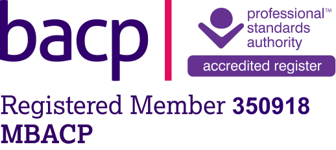ADHD
Attention Deficit Hyperactivity Disorder (ADHD) is one of the two most commonly recognized forms of neurodiversity. Its symptoms include, but aren’t limited to difficulties with time management, organization and prioritization, forgetfulness and poor working memory, an inability to focus on mundane tasks, procrastination, a tendency to hyperfocus on stimulating tasks, being easily distracted, a tendency to skip meals, having a very vivid imagination and visual brain.
It is both a genetically inherited, and developmental condition. This means that if you have ADHD, there is most likely someone else in your direct family that also has a form of neurodiversity, whether they’re aware of it or not, though that doesn’t necessarily mean they will also have ADHD.
If someone has a genetic pre-disposition towards ADHD, the degree to which a person’s ADHD affects them will also be dependent on their upbringing and how much their developmental environments accommodated or exacerbated their ADHD tendencies. Finally, a person’s current social, home and work environments will also have a large impact on how their ADHD presents itself and to what degree.
A lot of people I work with suspect themselves of having ADHD, but aren’t sure or have other reasons that have made them dissociate from the idea.
Whether you have a formal diagnosis, or a inkling that you might exhibit traits of ADHD, I can work with you to both determine your brain’s unique rule set and start to develop habits of thought and behaviour that will allow you to harness the strengths of your neurodiversity, whilst helping to mitigate the more intrusive and unhelpful aspects that so often lead people with ADHD to develop further difficulties with their mental health.

